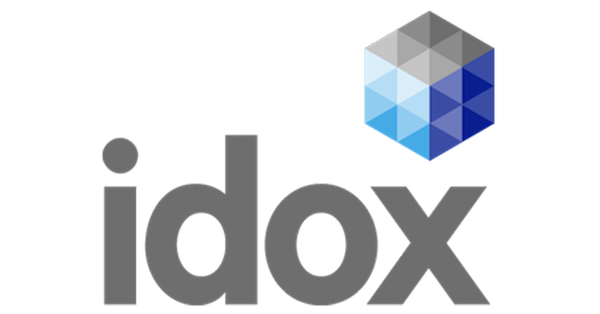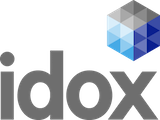Idox response to ‘Planning for the Future’ consultation
Idox welcomes the opportunity to respond to the Government’s call for views on proposals for reform of the planning system in England. Idox has been providing planning software solutions to local authorities for over 25 years. Our solutions are used both in the cloud and on-premise, are operated in over 250 planning departments within the UK. It provides support for the end-to-end processing of all aspects of development control within the back-office, on-site and via the Internet.
Our response is based on our experience of supporting local government with streamlining and digitising planning processes.
It is also based on our own user research which underpins our software development.
We have taken into account the contents of the consultation paper and the range of questions posed and have focused our response on those relating to the vision of a transformed digital planning system, as this is where our expertise lies.
We have confined our comments to the questions posed around wider engagement with the planning system; the proposals for accessible, web-based Local Plans, use of digital tools including mobile technology and forms of social media, the requirements for planning data to be widely shared and other suggested technologies such as use of 3D and machine learning. We confirm that no parts of the response are confidential and that the information may be attributed to Idox.
Given that the ambition is for the planning system reforms to be delivered within the timeframe of this Parliament, i.e. by the end of 2024, we believe that it is essential to leverage the scale and experience of the private sector who already supply robust planning software solutions to the sector. This could take a modular approach, integrating existing software with other tools using shared schemas or design patterns. Idox would welcome the opportunity to participate in further discussion with MHCLG and other stakeholders as to how we can meet the joint ambition of a modern digital planning solution and supporting eco-systems.
Delivering meaningful digital engagement requires both technological solutions and a skillset within planning departments. Expectations from the public regarding what can be done with technology is now extremely high. This must be balanced with the requirement that current planning consultation processes are formalised and structured.
Response
- Idox welcomes the vision of making planning services more efficient, with a modernised 21st century approach, in which technology is an enabler.
- Idox supports the concepts for the wider use of mobile, mapping-led systems and simpler processes.
- Idox supports the focus on open data and the movement away from text-heavy, pdf-based, multi-document information. Idox has the infrastructure to enable all local authority customers to share planning data with 3rd parties engaged in the planning process using existing APIs contained within our software applications. This approach offers great flexibility and expansion potential to support the initiatives which could flow from more open access to data, whilst addressing the data security and system performance challenges which are likely to need to be resolved. Idox also supports the vision for standardised, spatially aware local plans which allow the underlying data to be aggregated to enable better support for the development process. Interoperability is one of the key issues at stake and will be particularly important when addressing a streamlined applications process. Idox welcomes the surfacing of site-specific constraint data (for example whether a property is in a conservation area) to better support the application process.
- The use of 3D modelling within planning is increasing and Idox supports the publication of 3D models to be used in public consultations. However, the true value from 3D comes only when models for proposals are visualised in context with their existing surroundings. We would welcome a discussion on how this can best be achieved.
- Idox recognises that there is an increasing use of the Internet and social media by citizens to participate in government processes generally. Engagement with the planning system is just one part of this. Our market research into public engagement and participation has identified a risk to inclusivity should a pure digital approach be taken. Feedback has indicated that a holistic public engagement approach is required with multiple channels, both digital and non-digital in order to fully engage all stakeholders in public consultations.We also believe that care will need to be taken to design balanced systems in which the aims of transparency and accountability are met without creating new barriers, such as exclusion or distrust of how data is handled. This is particularly true for engagement around the local plan. Idox would welcome further details on how software applications would be required to support the statutory requirements of local authorities to consult with residents around the local plan in cases where residents have not opted in to receive communications electronically, and since the proposals may lead to future applications approved without further formal consultation, to what level of detail the local plan consultation will be required to go.
- The white paper explicitly recognises that councils will need to be properly resourced and given practical help to deliver the changes required. We believe that to have the most impact in the shortest amount of time, central government should support local authorities in a similar manner to the way targeted funding drove adoption of online planning very successfully in the mid-2000s.
Jonathan Legdon
Chief Operating Officer



